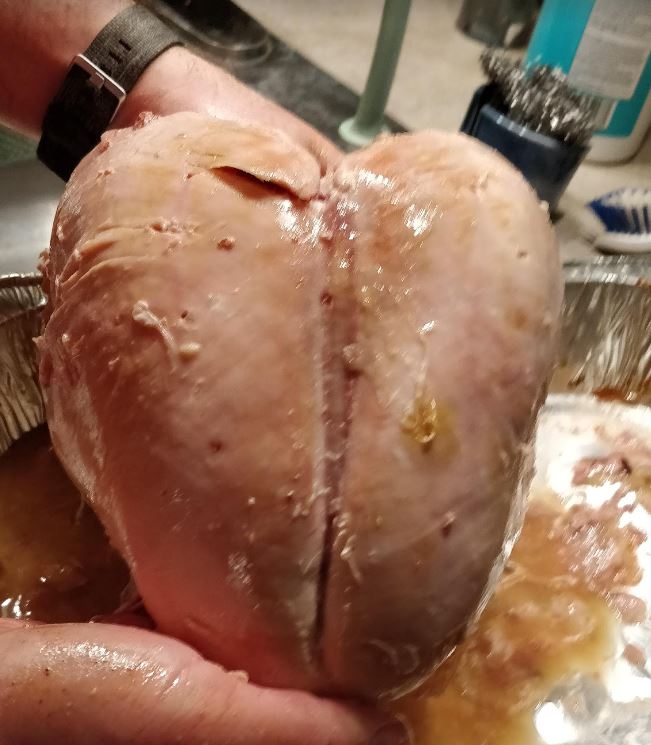https://faroutmagazine.co.uk/what-is-the-deal-with-all-the-fake-artists-on-spotify/
imagine having so sick and warped a mind that you come up with an idea like this. oh what if i open a gas station but we water down all the gas
You got a source for this, or is it true because it’s on the Internet?
twitter is the most reliable source of information on the internet, theres no way this could be fake/misleading
I don’t have any evidence, but anecdotally I totally believe this. My wife’s ‘AI guided playlist’ is completely full of popular song covers from people I’ve never in my life heard of. If they aren’t fake/AI generated songs, I still think they’re pushing the Great Value brand songs over the original name brand in order to save on costs.
Well, my equally valid anecdote, my AI DJ plays artists I play a lot and know and like. It’s almost never somebody new, and if it is I usually like them and find out they have an actual history.
As somebody who’s been into the AI space for a while now, I know AI music does exist, but at this point anything past 30 seconds sounds God awful. You’d know if it was AI, trust me.
Stupid question, doesn’t the original artist get royalties for covers too? If anything a cover would cost more, if not only the same, not less.
Usually the one doing the cover has to pay the original songwriter. That can be done by splitting the royalties or “buying” the rights to cover upfront, depending on the options the rightholders give you. For Spotify it doesn’t matter, they pay exactly the same in theory.
In praxis Spotify often has special deals with big record labels, so covers technically make them more money since they only have to pay the standard cut to the artist.
Songwriting and recording/performance have separate royalties attached to them. You can transfer your rights (to labels, for example) and you can split them (one person wrote the melody and one the lyrics and agree to split) so it can get complicated. Obviously they often overlap and you could own both. Anyways, for a cover the songwriter should get some money for songwriter royalties but it doesn’t matter who previously performed the song, nothing for them.
Spotify also owns some of its own labels and artists usually give up their copyright when they sign with a label. What percentage of the royalties they get is basically a negotiation with the label at that point regardless of the song credits listed.
The last time this happened, the deal was that the music was generated by bots, and also listened to by bots. Basically it was a scheme to get money out of Spotify.
But also, folks will use AI to generate anything these days, like these books that suggested that a good way to identify whether mushrooms are poisonous is to taste them.
Meka is just one of thousands of artists whose music is on streaming platforms despite the fact that there are no real human footprints behind them
Even just within the article, this isn’t true, is it? FN Meka had humans writing and recording stuff, the people that hired those humans just put a fake name and identity over it because they thought it would sell better or something. This is just the article discovering the concept of ghostwriters.
Just wait until the author discovers Gorillaz and Dethklok.
Lots of music piped in in retail stores is like this. You can’t identify the music, even with Shazam, and it is yucky screaming-mimi type baby girl voices from hell. But no royalties!!
Most retail stores use services like epidemic sounds with royalty free music. It’s still music made by real people it’s just not released and only intended for public use and means you don’t need to pay any additional fees like you would if you were just playing the radio or Spotify.
Does your dad work at Nintendo too?
(I don’t doubt that this might happen, but you know, going to need some actual evidence, or at least more than random dude twitter stuff)
This 2016 musicBusinessWorldwide article makes claims of generic work for hire songs being made by Spotify so they don’t have to pay royalties.






